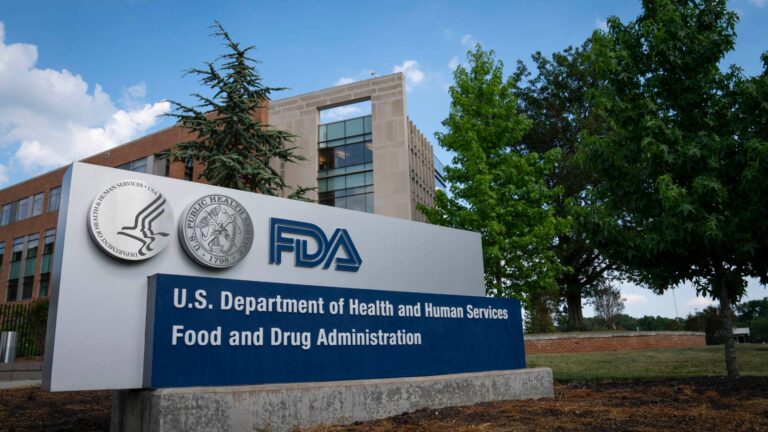Oct. 21, 2019 — What is next in the effort to require inclusion of list prices in direct-to-consumer (DTC) promotion of pharmaceuticals? A variety of scenarios were outlined by James Czaban, chair of the FDA Practice Group at DLA Piper in Washington, during a panel at last week’s Food and Drug Law Institute conference on Advertising and Promotion for Medical Products.
In July, a ruling in the U.S. District Court for the District of Columbia blocked the proposed Centers for Medicare and Medicaid Services (CMS) rule to mandate that wholesale acquisition cost (WAC) be included in DTC television advertisements. Judge Amit Mehta did not speak to the relevance of WAC information or to First Amendment and “compelled speech” concerns posed in the lawsuit; instead, he ruled on jurisdictional grounds. The Department of Health and Human Services (HHS) had issued the rule based on amending CMS’ Social Security Act (SSA) regulations for Medicare and Medicaid programs, not on changing any FDA-related regulations.
The question, according to Czaban, is “Why did the administration choose the ‘wrong’ regulations to amend?” He added that this illustrates the pitfalls of “statutory forum shopping.”
Czaban pointed out that HHS itself acknowledged in the proposed rule that “Congress has not explicitly provided HHS with authority to compel the disclosure of list prices to the public.” In contrast, Czaban says, since 1962 the Food, Drug, and Cosmetic Act (FDCA) has expressly granted FDA the authority to regulate prescription drug advertising, including specific informational requirements for broadcast ads.
The FDCA primarily addresses information on efficacy, side effects, and contraindications, and per a 1975 rule, “the decision to engage in public disclosure of prescription drug prices is not for the FDA to make,” he notes. Still, in the interest of achieving fair balance, the FDA has stated in Warning Letters that certain cost comparisons are misleading, in some cases because “lower acquisition cost alone does not necessarily reflect a cost advantage.”
In its ruling on the lawsuit against the CMS rule, the District Court concluded that “Congress deliberately and precisely legislated in the area of drug marketing under the FDCA. Such purposeful action demonstrates that Congress knows how to speak on that subject when it wants to. It is therefore telling that the Social Security Act contains no provisions concerning drug marketing.” It further stated that “the WAC Disclosure Rule feels like agency action in search of a statutory home.”
What next? First, HHS has appealed Judge Mehta’s decision. The U.S. Court of Appeals for the D.C. Circuit may block the rule again on statutory grounds, and/or it may address the significant First Amendment problems concerning compelled speech that the rule raises.
If the appeal fails, HHS might seek ways to publicize WAC prices for prescription drugs on its own, but in doing so may face challenges that WAC is a trade secret exempt from government disclosure. HHS also might require a different metric of price to be disclosed, though some of the same issues would apply.
HHS also could endorse the approach offered by the Pharmaceutical Research and Manufacturers of America (PhRMA) to provide more extensive drug cost information on websites, in the context of what a typical or average patient pays.
Another possibility is for Congressional action to avert the jurisdictional issue. In 2018, Sens. Charles Grassley (R-Iowa) and Richard Durbin (D-Ill.) offered an amendment to a budget bill requiring that WAC be disclosed in television ads; the Senate approved the amendment, but it was killed in the House, then controlled by Republicans, as part of the budget reconciliation negotiations. There is still strong interest among members of Congress in passing such legislation.
The HHS rule included a provision to pre-empt state legislation on drug prices in television advertising, and it is now possible that states could take the initiative to pass laws in this area, he notes. He also poses the following question for consideration: “What would a President Bernie Sanders or a President Elizabeth Warren propose, if one of them is elected in 2020?”




